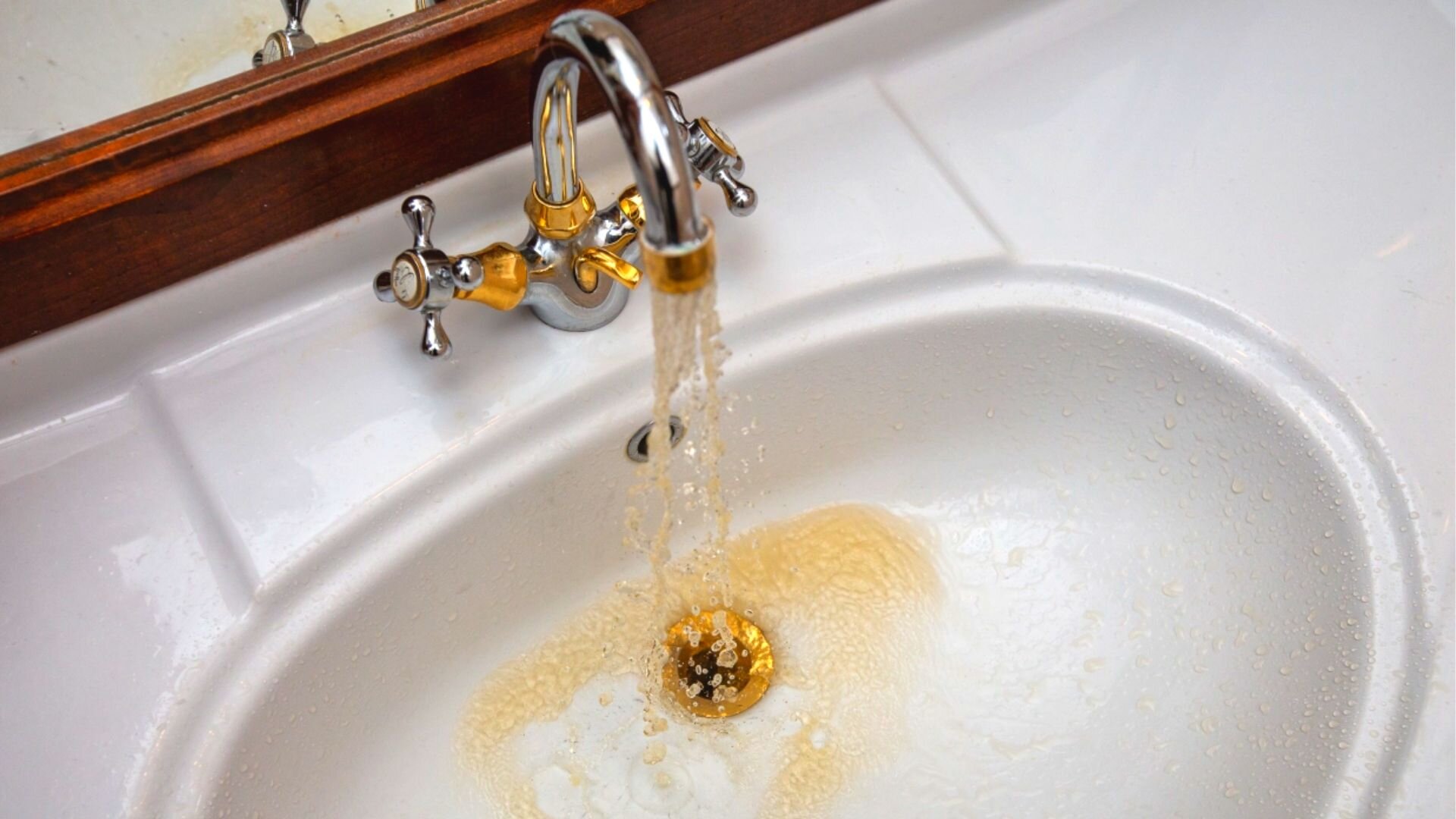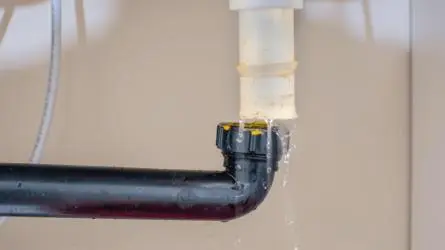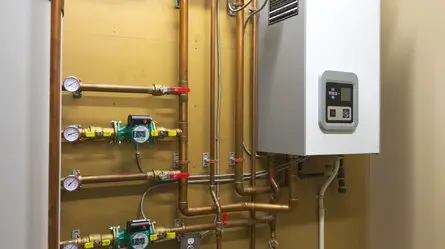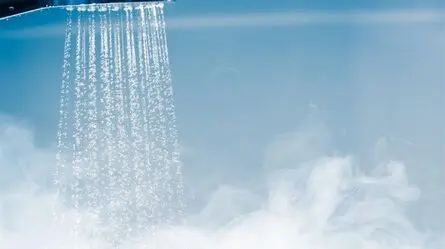Rusty water flowing from your taps can be concerning, especially affecting your drinking water and daily activities. This issue often stems from old pipes in your home or the municipal water supply.
Corroded pipes release iron particles, causing the water to appear brown or reddish. If the municipal water supply is undergoing maintenance or experiencing a sudden change in water pressure, sediments in the system might get stirred up, leading to discoloured water.
While not always harmful, rusty water can affect taste and may encourage bacterial growth. Until the issue is resolved, it’s best to avoid using it for drinking water or cleaning.
Sources Of Rusty Water
There are many reasons your water might turn that unappealing brown shade. Whether it needs urgent attention or not depends on what’s causing the discolouration.
Following is a list of potential reasons for rusty water in your taps.

1. Rusty Pipes
In most cases, rusty water signifies rust accumulation in your plumbing. It results from the metal in your pipes oxidising and getting carried with the water supply.
Unfortunately, rust is permanent. If your pipes have rusted too much, you have to replace them. Ignoring the problem for long may lead to larger, more pressing plumbing problems.
So, if rusty water pipes are the source of brown tap water, you should have your plumbing checked immediately. You can also take a few preventive measures to prevent your pipes from rusting in the first place. Take a look:
- Clean your pipes and drains regularly.
- Get galvanised pipes.
- Keep your pipes free of scratches
2. Sediments In The Water
When your water comes from a river source, it might carry sediments. Construction nearby can also stir up these particles, making their way through the supply lines. If it’s your hot water tank, sediments might build up over time, suggesting it’s time for a good clean.
3. Water Main Break
A break in the water main can cause your tap water to turn brown. If you can’t find the source of the issue yourself, getting in touch with city authorities about any recent water main incidents is a good step.
4. Water Table Shifts
Be it rainfall or lack thereof, your city’s water table may shift, and sediments in the water supply come with it. Ordinarily, this is not permanent, and the problem will fix itself in time.
Stopping Rusty Water In Your Taps
Finding the root cause of your rusty water might take a bit of testing. By following these steps, you can track down where the trouble starts and keep it from causing more issues.

1. Drain Sediments From Your Water Tank
If accumulated sediments cause rusty water, you can let the water run for a few minutes. After allowing it to flow for a minute or two, the water may clear up. If it does not, you may move on to the next step.
2. Check Your Plumbing
If the first step doesn’t work, you may have plumbing issues. You can do this by checking which taps the rusty water comes from. If the connected pipes are limited to a single faucet, you may check for damage. Then, contact plumbing services to replace the specific line.
If your cold water is fine, but brown water flows exclusively out of hot water taps, you may have an issue with your water heater. Water heaters build up sediments over time, which can flow out of your fixtures after a while. You can try replacing the tubes connecting the water heater to your plumbing system. If the water is still rusty, consider replacing the water heater tank.
3. Ask Around The Neighbourhood
What if it is not an isolated case? Try asking your neighbours if they’ve been facing the same issue. Should the problem persist for longer than 24 hours, it may be a problem with the city’s water supply. You should contact city authorities to have the water quality restored.
The Cons Of Using Rusty Brown Water
Health Risks of Rusty Water
Rusty water can harbour iron bacteria, which promote bacterial growth and lead to health risks such as diarrhoea and infections. Drinking rusty water with too much iron or iron oxide can contribute to long-term health concerns, making it unsafe for consumption.
Impact on Clothing and Appliances
Discoloured water often leaves rust stains on clothing, making them difficult to remove. Washing machines exposed to rust particles may also experience reduced efficiency and potential damage over time. This can result in costly repairs or replacements.
Plumbing and Pipe Concerns
Steel pipes and older plumbing systems are especially prone to corrosion, which can dislodge rust particles when water pressure changes. This worsens the discoloured water issue and may lead to more serious plumbing problems.
Addressing Rusty Water Issues
If you suspect rusty water in your home, it’s vital to have your water tested to identify the source of the problem. Whether it’s due to excess iron, corroded pipes, or municipal system maintenance, addressing rusty water issues promptly can prevent further damage and ensure safe water usage.
Eliminating Rusty Water
You’ll want to address contaminated or rusty water quickly. While not a common problem, being prepared can make all the difference. If caught early, the solution may be simple, and there are preventative steps you can take to avoid future issues.
If only your hot water turned brown, your water heater would likely be the cause. However, if hot and cold water appears rusty, the problem could be with your pipes or central water supply. If you cannot identify the source, it’s best to call a professional plumbing service to diagnose and resolve the issue efficiently.
For fast and long-term solutions to rusty water and pipe issues in Perth, contact Woolf Plumbing & Gas today. Our experienced team will restore your water quality and ensure your plumbing system runs smoothly.




